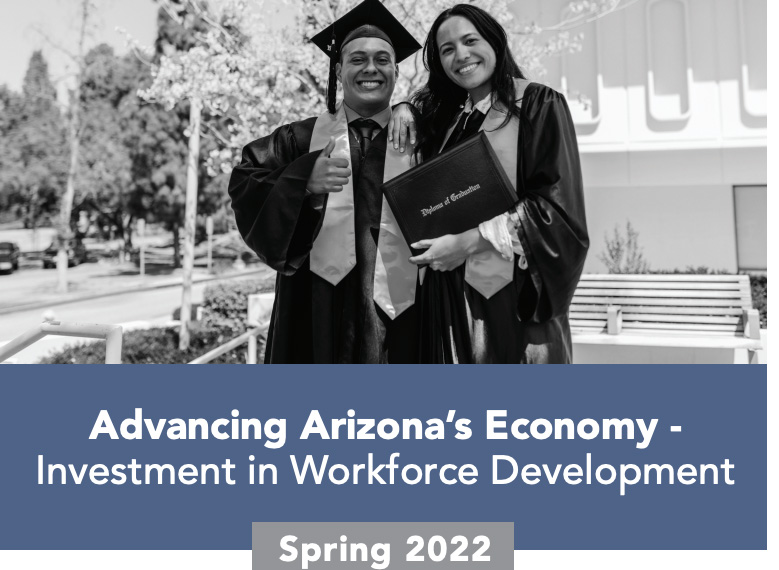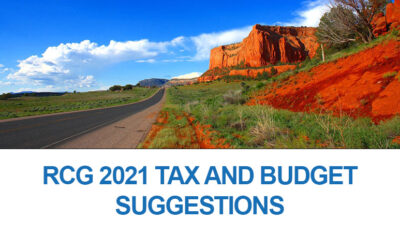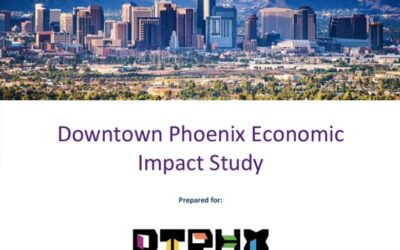Executive Summary
Since 2008, the Arizona economy has become more diversified. Efforts made by public and private sector stakeholders to implement aggressive economic development policies and initiatives led to expansions in high value industries including manufacturing, financial activities, healthcare and professional and business services. However, Arizonas education system is struggling to keep pace with the demands of our rapidly evolving economy. Arizona trails the national average in key measures of educational attainment. While the public university system has scaled-up quickly to educate and train more students especially in stem fields vital to the new economy it is apparent that growth will not meet the workforce demands now required.
This report endeavors to review several core questions about the relationship between Arizonas economic performance and post high school education:
- How is Arizonas economy performing vs the national economy?
- Can Arizona reach national performance in key economic quality measures?
- How limiting is the lack of in state post-high school educational attainment to Arizonas continuing
economic performance? - Is Arizonas continued economic performance at risk due to a lack of post-high school educational
attainment?
While each of these questions is answered in detail, the bottom line is despite strong economic growth in terms of volume, Arizona has yet to reach its full potential. Arizona continues to trail the national economy in key quality measures such as per capita gdp, and unless Arizona sees significant improvements in degree production either through in-state education or through in-migration, current economic output levels are at risk.
With additional targeted investment in workforce development, including postsecondary education, Arizona will be well-positioned to attract competitive industries with high relative pay and opportunity for advancement. As documented by this study, Arizona would reap a sizable economic return on its investment.
The reason is two-fold a better-educated citizenry not only earns more and generates greater economic growth, it also utilizes social services and government welfare at a much-reduced rate. The fiscal impacts are staggering. Simply by reaching the u. S. Average for educational attainment, Arizona would benefit by nearly $5 billion in additional state and local tax revenues over ten years. Furthermore, fully resolving the bachelors degree shortage would result in a 10-year cumulative state and local fiscal impact of $8 billion.




